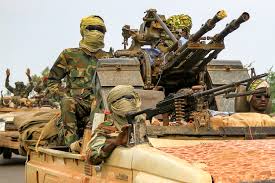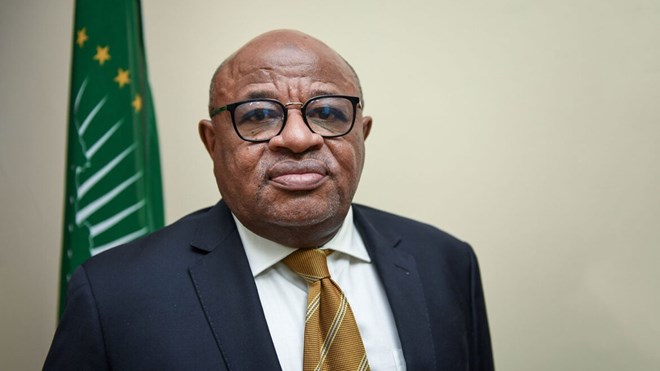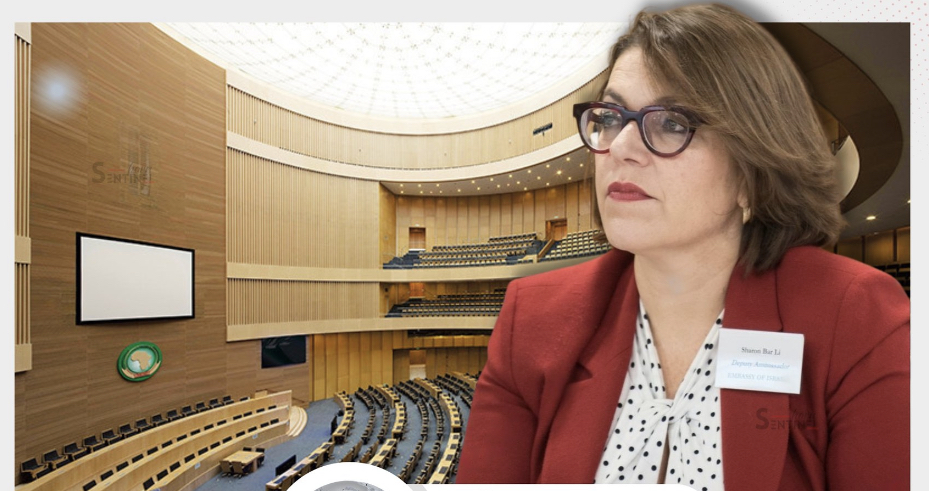In the shadow of Sudan’s devastating civil war, a less visible but equally consequential power struggle is unfolding between two regional powers: Egypt and the United Arab Emirates (UAE), Despite shared history and mutual interests, Cairo and Abu Dhabi find themselves at odds in this brutal civil war…
Egypt supports the Sudanese Armed Forces (SAF), while the UAE backs the Rapid Support Forces (RSF) in a conflict that erupted on April 15, 2023. Nearly two years of fighting have resulted in a catastrophic humanitarian crisis, pushing Sudan toward total collapse.
In its last days, the Biden administration imposed sanctions on both RSF commander-in-chief Hemedti for command responsibility over forces responsible for genocide, and SAF’s General Abdel Fattah al-Burhan for obstructing peace efforts, blocking aid, and the alleged use of chemical weapons, Despite mounting evidence from U.N. and U.S. investigators of the UAE’s heavy involvement in supporting the RSF in Sudan’s war, Abu Dhabi continues to claim neutrality as a humanitarian actor. However, this claim has been directly challenged at the highest levels of U.S. government.
During his Senate confirmation hearing, Secretary of State Marco Rubio explicitly accused the UAE of “openly supporting an entity that is carrying out a genocide.”
Egypt’s role in supporting the SAF and the army-led government in Port Sudan has been increasingly overt. In September, Egyptian Foreign Minister Badr Abdelatty emphasized the “importance of not putting the Sudanese national army in the same category as any other party” during a press conference with Rubio’s predecessor, Antony Blinken.
Abdelatty also recently acknowledgedEgypt’s commitment to “supporting the capabilities of the Sudanese army” and doing so in concert with its emerging security partners in the Horn of Africa, Eritrea, and Somalia, Despite their alignment on most regional issues, Egypt and the UAE awkwardly find themselves on opposite sides of Sudan’s war.
The UAE recently deepened ties with Egypt through a landmark $35 billion investment developing the Mediterranean region of Ras El-Hekma for tourism, providing a crucial economic lifeline to Sisi’s regime. However, despite this massive investment, Egypt remains unable to align with Abu Dhabi’s approach to Sudan.
For Egypt, the army, not the RSF, represents the bulwark of stability along its southern border. This perspective is reinforced by the pattern of Sudanese refugee movements: large numbers have returned to their homes from Egypt as the army recaptured parts of Sennar state and other parts of central Sudan over the last few months, while conversely, an exodus occurs whenever the RSF gains ground.
The stakes for Egypt are existential: Egypt is managing the influx of over 1.2 million Sudanese refugees since April 2023, now the largest refugee community in the country. Total state failure in Sudan would potentially send millions more across the border, In addition, Egypt’s Nile water security hangs in the balance. The power vacuum in Sudan has significantly undermined Egypt’s bargaining position vis-à-vis Ethiopia, its longstanding Nile Basin rival.
Despite extensive support for the RSF, the UAE’s strategic objectives in Sudan have been significantly undermined by the paramilitary group’s failure to seize control of the country, The UAE’s plan centered on exploiting Sudan’s gold trade and enhancing its food security through land acquisitions by state-linked companies. Central to this strategy was the development of the $6 billion Abu Amama port on Sudan’s Red Sea coast, which was designed to link agricultural areas to an export terminal and aligned with the UAE’s broader regional maritime strategy, complementing its port operations in neighboring countries.
However, the ongoing conflict has derailed these plans, with Sudan officially canceling the port deal and Sudan’s finance minister declaring that “after what happened, we will not give the UAE a single centimeter on the Red Sea.” Furthermore, Sudan’s war has exposed a significant divergence in visions between Egypt and the UAE.
Egypt views the SAF as the critical institutional backbone of Sudan’s statehood, mirroring its own military-centric governance model. Consequently, Cairo is firmly committed to ensuring the SAF’s stability and aims to position it as the leading force in any future government in Sudan. This vision excludes the involvement of paramilitary groups like the RSF, which Egypt fears could reignite conflict on its southern border.
In contrast, the UAE views Sudan primarily through an extractive lens, seeking strategic access to the country’s critical resources. Within this framework, the RSF serves as a pivotal instrument for resource extraction, with Dubai already the key destination for the militia’s smuggled gold.
Recognizing that it is confronting a well-resourced force reliant on its foreign patron, the army-led government in Sudan has agreed to direct talks with the UAE but on condition that the UAE cease support for the RSF and pay “compensation to the Sudanese people.”
Fighting has destroyed most of the country’s productive infrastructure and caused losses upwards of $200 billion. The UAE would essentially be obligated to finance the reconstruction of Sudan — Africa’s third-largest country — while simultaneously accepting the dissolution of the RSF, which has been crucial to its economic and strategic interests both in Sudan and as a mercenary force in critical geopolitical theaters, such as Yemen, abroad.
Second, it would require that the UAE acknowledge its role in contributing to the world’s largest humanitarian and displacement crisis through arming the RSF, actions that starkly contradict its carefully cultivated image as a humanitarian benefactor.
An opening exists for the United States to leverage its diplomatic influence in mediating between Egypt and the UAE, encouraging its allies to find common ground and prevent Sudan from plunging further into crisis. The alternative is stark — continued support for opposing factions will only deepen the country’s descent into a protracted and increasingly brutal civil war.




